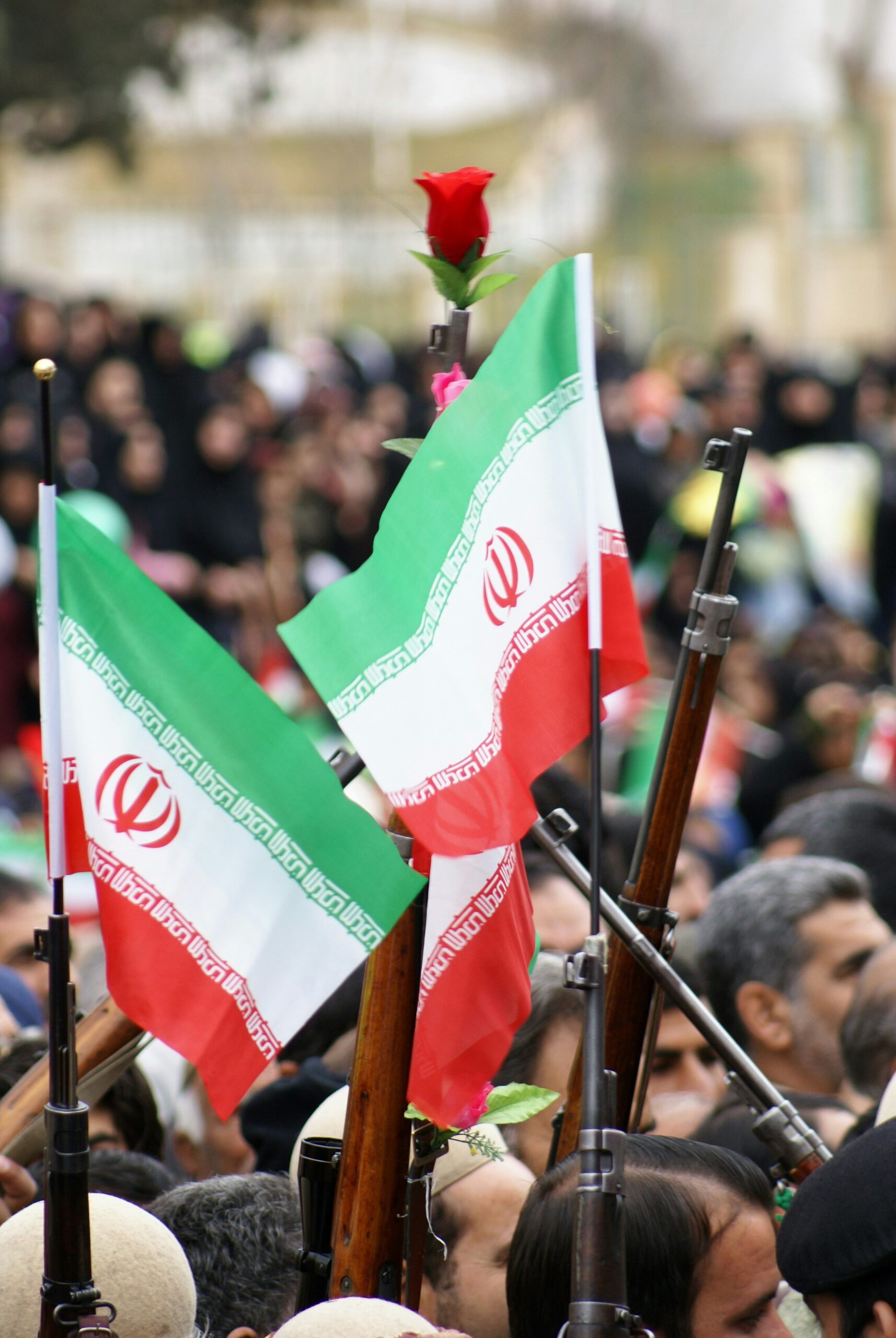
In a crucial diplomatic endeavor, Ali Larijani, Iran’s senior security official, visited Lebanon this week. The visit is part of Tehran’s efforts to mitigate escalating tensions following calls for the disarmament of Hezbollah, a major ally of Iran in the region. This development follows the Lebanese government’s announcement, under pressure from the United States, to disarm Hezbollah by the year’s end, sparking significant controversy and opposition from various quarters within Lebanon and Iran.
Key Facts
- Ali Larijani, secretary of the Supreme National Security Council of Iran, visited Lebanon to address concerns over Hezbollah’s disarmament.
- The Lebanese government announced plans to disarm Hezbollah, inciting strong reactions from the group and its allies.
- Iranian Foreign Minister Abbas Araghchi expressed support for Hezbollah’s decisions but highlighted non-intervention in the group’s strategies.
- Lebanese Foreign Minister Youssef Rajji condemned Araghchi’s comments as interference in Lebanon’s internal affairs.
Background
Hezbollah has long been a significant military and political force in Lebanon, with deep ties to Iran. The group has been involved in various conflicts with Israel, enhancing its role as a key player in regional geopolitics. The U.S.’s pressure on Lebanon to disarm Hezbollah is seen as part of a broader strategy to reduce Iran’s influence in the area. However, the proposal has met with fierce opposition from Hezbollah leaders, who view disarmament as a threat to their survival and influence.
Official Reactions
Hezbollah’s secretary-general, Naim Qassem, vehemently opposed the disarmament proposal, asserting the group’s right to maintain arms as long as regional threats persist. On the other hand, Lebanese officials have expressed mixed reactions. While some view the disarmament as necessary for national security and alignment with international norms, others, like Foreign Minister Rajji, see external comments on the matter as unacceptable breaches of Lebanon’s sovereignty.
What’s Next
The situation remains tense, with significant implications for Lebanon’s internal stability and its relationships with both Iran and the international community. Larijani’s visit could open new avenues for negotiation, potentially easing the pressures on Hezbollah while addressing international concerns about security and stability in the region. The outcomes of these diplomatic efforts could reshape Lebanon’s political landscape and redefine its relationships with both regional allies and global powers.


